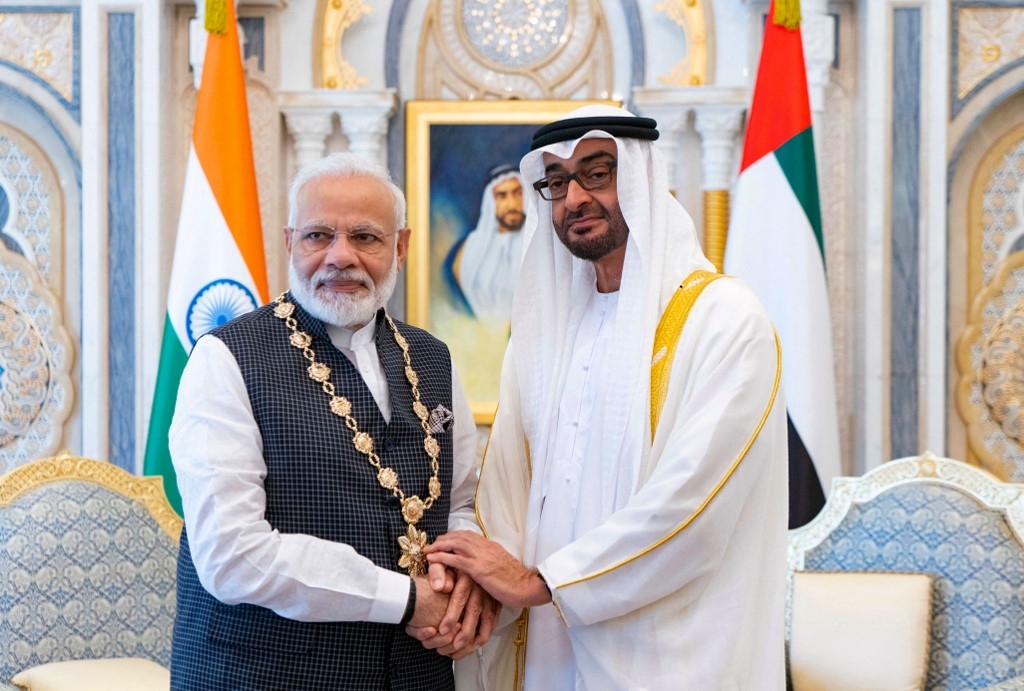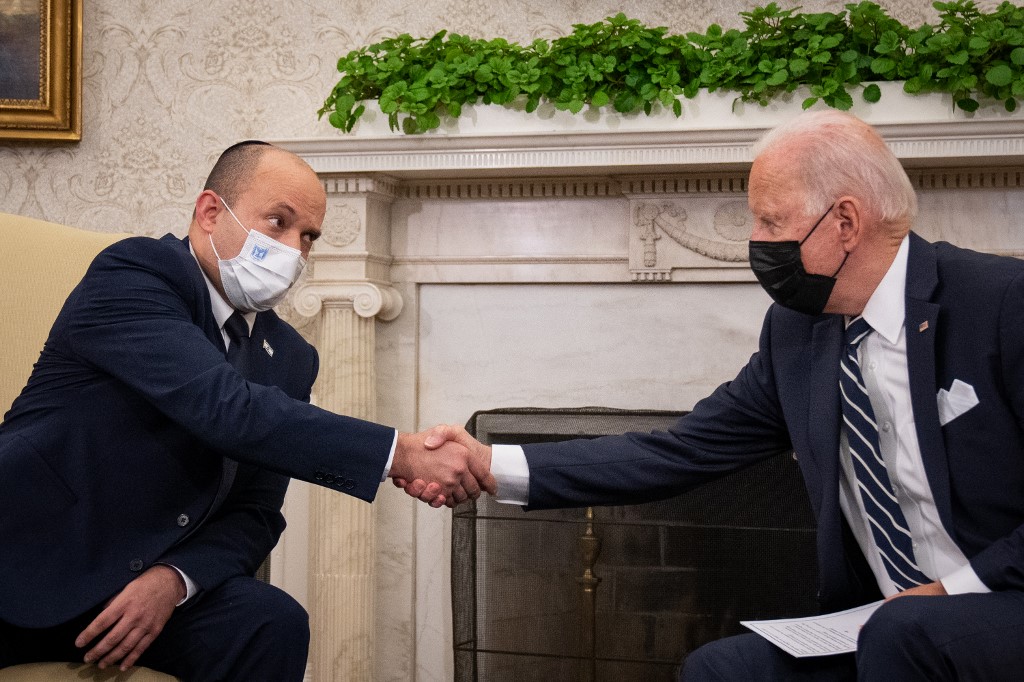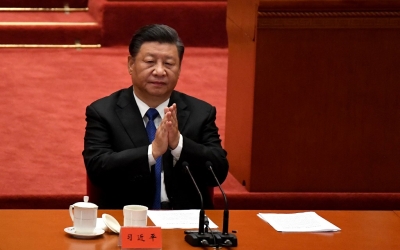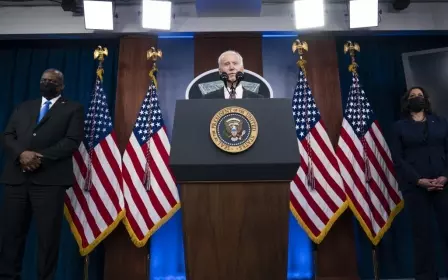Quad 2.0: Why the US, UAE, India and Israel have joined forces

Minilateralism - a byproduct of increased regionalism - seems to be the order of the day. A recent example came at the conclusion of a virtual meeting of foreign ministers from the US, UAE, India and Israel last week, where they opted to launch an economic cooperation forum. They also discussed joint ventures in transportation, technology and trade, among other areas.
The meeting highlighted the extent of the transformation in West Asian geopolitics since the signing of the Abraham Accords last year. Washington, Abu Dhabi, Delhi and Tel Aviv already have strong relations among each other. Israel is one of the largest arms suppliers to India, while the Emirates is vital to India’s energy security. The UAE also hosts millions of Indian workers, thus contributing massively to India’s remittance inflows.
All four countries have already stepped up cooperation in trade and investment, and they have shown staunch support for each other on critical political issues
India is already a member of the Quad with the US, Australia and Japan, based on shared interests in East Asia. The US-Israel relationship needs no elaboration, and the signing of the Abraham Accords between the UAE and Israel is revealing in itself.
All four countries have already stepped up cooperation in trade and investment, and they have shown staunch support for each other on critical political issues. Earlier this year, the Emirates tried to defuse tensions between India and Pakistan, and Dubai recently inked an agreement with Delhi to build infrastructure - which would include IT towers, logistics centres and a hospital - in Indian-occupied Kashmir.
Responding to China's rise
New MEE newsletter: Jerusalem Dispatch
Sign up to get the latest insights and analysis on Israel-Palestine, alongside Turkey Unpacked and other MEE newsletters
Though the “new Quad” claims to have a limited security agenda and there is no visible military component, it does seem to have strategic undertones aimed at encirclement and containment.
While the recent US withdrawal from Afghanistan suggested that Washington might finally be scaling back its presence in West Asia, Washington subsequently entered the Aukus alliance in September. The trilateral arrangement between Australia, the UK and the US is very much aimed at limiting Chinese expansion in the Indo-Pacific.
The formation of the new Quad also seems connected to the Biden administration’s China containment policy. With Beijing increasing its engagement with the UAE and Israel, Washington is now actively responding to China’s rise on multiple fronts: military, political and economic. The new alliance signals Washington’s desire to propel Abu Dhabi and Tel Aviv away from Beijing.
A similar motive seems to be driving India. Relations between Beijing and Delhi, especially after their border standoff last year, have not been at their best. There is now a growing recognition in Indian policymaking circles that this threat must be countered.
In addition, the flight of former Afghan President Ashraf Ghani represented a major setback for India in Afghanistan, while giving Pakistan renewed prominence in the country. This has given Delhi a further push to form new alliances, and with the UAE and Israel emerging as powerful technology hubs, they would make valuable partners.
Increasing pressure
It is also important to note that since Iran and China signed a comprehensive strategic partnership in March, Tehran officially became a part of the multibillion-dollar Belt and Road Initiative (BRI).
Peace in Afghanistan could lead to an extension of the China-Pakistan Economic Corridor, bolstering China’s global footprint and the stature of all countries linked to the BRI, including Pakistan and Iran. The new Taliban regime in Kabul has already called China its “most important partner” and expressed interest in being part of the CPEC. This is something none of the Quad 2.0 countries would welcome.
At the same time, the new alliance will increase pressure on Saudi Arabia to formalise ties with Israel. It will also push China, Iran, Pakistan and Turkey to increase economic and security cooperation. And it shows that the fight for the Palestinian cause is all but forgotten: though US officials have said the Abraham Accords do not replace a negotiated settlement, Washington’s tepid response to the building of new settlements in Palestine speaks volumes.
While it remains to be seen what shape this new alliance between India, Israel, the UAE and the US will take, it is clear that it signifies a new phase of the global economic race.
The views expressed in this article belong to the author and do not necessarily reflect the editorial policy of Middle East Eye.
Middle East Eye delivers independent and unrivalled coverage and analysis of the Middle East, North Africa and beyond. To learn more about republishing this content and the associated fees, please fill out this form. More about MEE can be found here.







